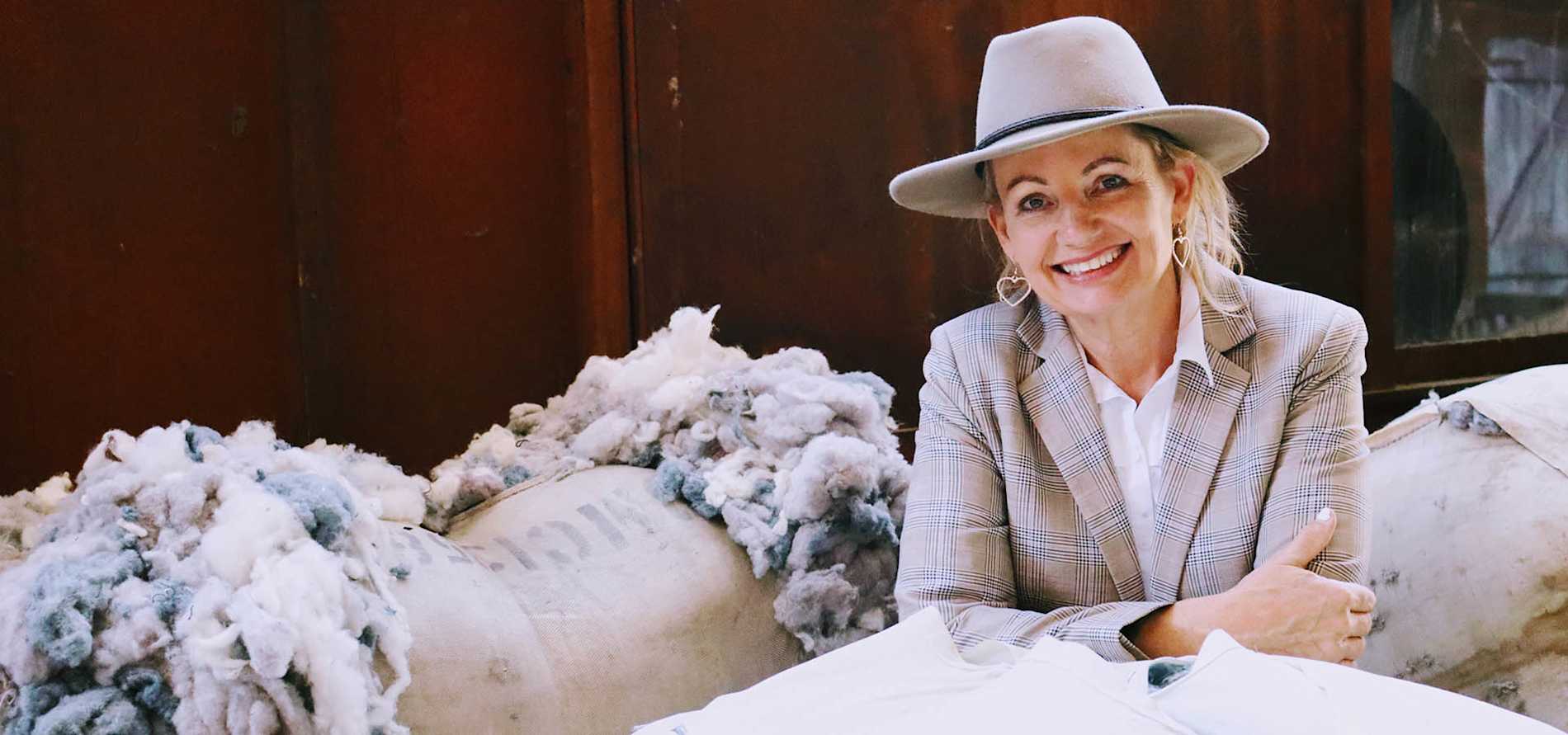
Read the Charter of Independence here.
Sussan Ley was elected as the new leader of the Liberal Party on May 13, in the wake of Peter Dutton’s exit from office.
Ley, the previous deputy leader of the Opposition, is the first female leader of the party in history, beating Angus Taylor 29 votes to 25.
There has been debate around what the tight-natured leadership contest means for the current state of the Opposition.
Lecturer in Politics at Monash University, Dr Blair Williams, said that, given the recent federal election, the make-up of the party when the vote took place may not be reflective of the change in power between electorates.
“A lot of the votes won't be representative of [the Liberal Party] after July,” Williams said.
She said it is hard to say what direction the Liberal Party will take on certain issues under Ley’s leadership.
Born in Kano, Nigeria, Ley migrated to Australia in 1974 at the age of 13, after spending her childhood in the United Arab Emirates.
Prior to her work in politics, Ley worked as a commercial pilot, farmer, air traffic controller, and in a senior position at the Australian Taxation Office.
She began her career in politics in 2001, when she was elected into the House of Representatives after winning the seat of Farrer, in rural New South Wales.
In 2014, Ley was promoted to the role of Minister for Health and Minister for Sport under the leadership of Tony Abbott, and became the Minister for Aged Care the following year.
Ley held these positions until 2017, when she resigned from the front bench after controversy over her travel expense claims.
She faced backlash in 2017, when she took $13,000 worth of flights she chartered to the Gold Coast in 2015.
She promptly returned in 2018, when Malcolm Turnbull was succeeded by Scott Morrison.
Ley served as Assistant Minister for Regional Development and Territories from 2018-2019, and until the Liberals’ defeat in the 2022 election, as the Minister for the Environment.
In an interview with The Guardian, Ley stated she identifies as a feminist, which has been a topic of discussion since her election.
Williams said that the Liberals "want to show Australians they are taking into consideration their ‘woman problem’”.
“We can still be welcome to the fact that the Liberal party has a female leader, but the way they’ve done it seems very disingenuous,” she said.
“They’re [women] expected to come in, in times of crisis, and fix things up for men.”
In 2011, Ley supported the admission of the State of Palestine to the United Nations, but has since “distanced herself” from this view.
Ley has also voiced support for Elon Musk, raising controversy when, on Australia Day this year, she compared the British colonisation of Australia to Musk's intended colonisation of Mars.
In Ley’s first speech after being elected the Liberal Party’s new leader, she said that the Liberal Party plans to “respect", "reflect" and "represent modern Australia”.
Ley said she was “humbled, honoured, and up for the job”.
She also addressed the discourse around Dutton's nuclear energy plans, saying: “We need to reduce emissions in this country ... but we need to take the time to get it right.”
Williams said Ley’s election “signals a move towards the centre — the ‘traditional’ roots of the party”.
“At the moment, they’re policy-weak ... They're not really listening and resonating with the Australian public,” Williams said.
After what was described as a “landslide loss”, the Liberals have found themselves having to reevaluate their policies.
When asked about any plans for the future, Ley said: “No policies have been adopted or walked away from at this time”.
With a female leader, Williams said, Liberals are headed in the “right direction” towards fixing their “women problem” but the decision has still been debated.
“They still have a lot of work to do, especially with young people, and one woman can’t fix decades' worth of men’s mess ... The men need to pull their weight.”